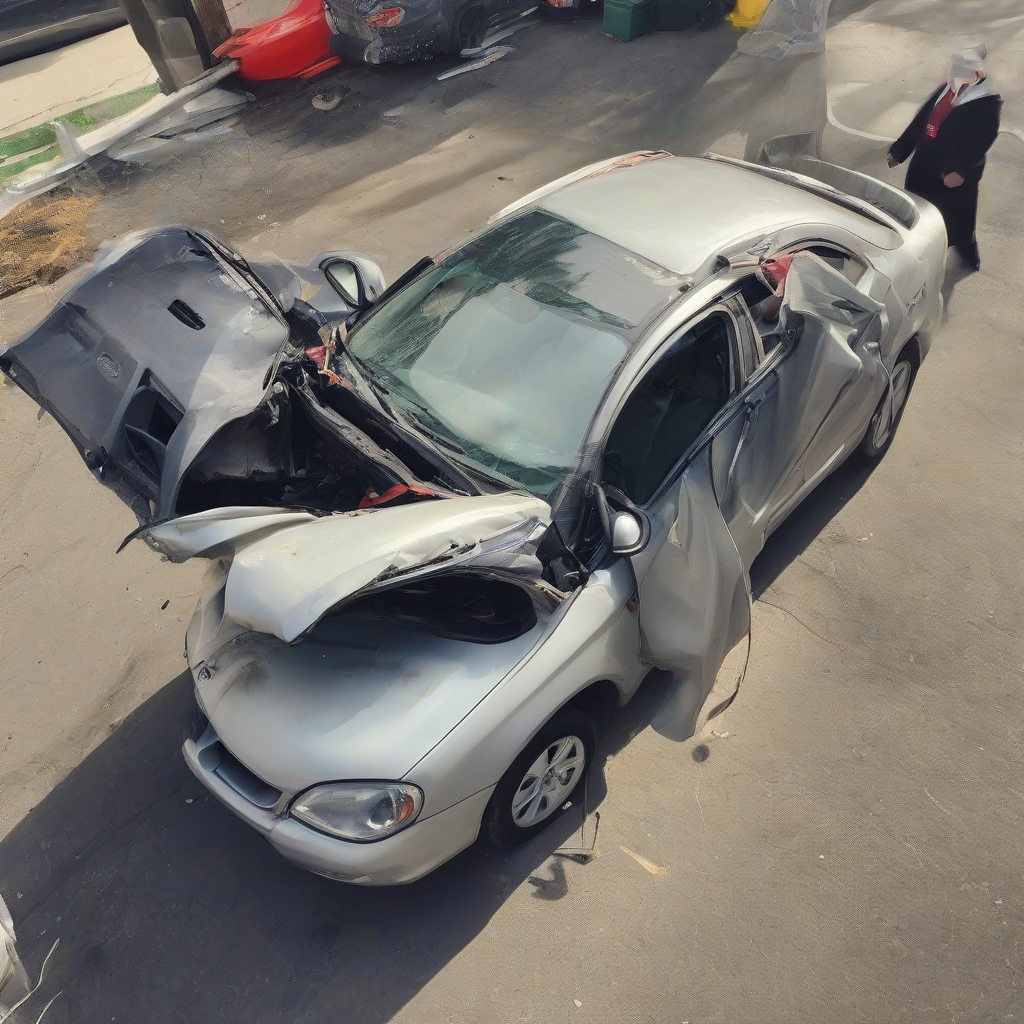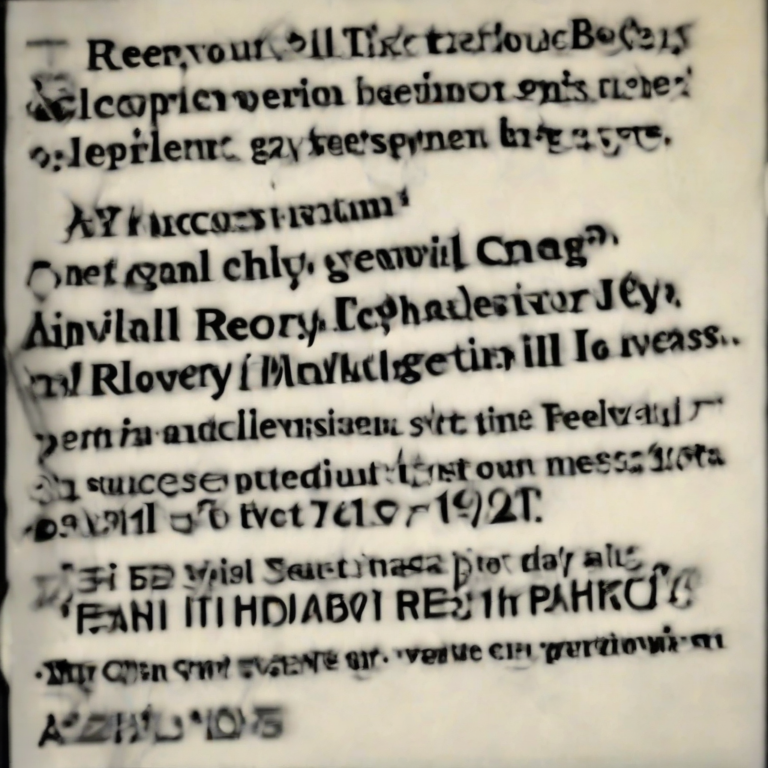
Unlocking the Power of Giving: A Comprehensive Guide to DMV Car Donation Programs
Donating your car to a charitable organization through a DMV car donation program offers a unique blend of convenience, tax benefits, and the profound satisfaction of contributing to a worthy cause. This comprehensive guide will delve into the intricacies of these programs, clarifying the process, benefits, and considerations involved.
Understanding DMV Car Donation Programs
DMV car donation programs leverage the state Department of Motor Vehicles (DMV) to facilitate the transfer of vehicle ownership from the donor to a registered charity. This streamlined process simplifies the donation procedure, ensuring a smooth and transparent transaction. Instead of directly handling the sale and paperwork, the donor relies on the charity’s established network and the DMV’s official channels to complete the transfer.
The process usually involves contacting a chosen charity, providing vehicle information, and scheduling a pickup. The charity will handle the necessary paperwork with the DMV, ensuring the proper transfer of title and the removal of the vehicle from the donor’s registration. The donor then receives a tax-deductible receipt for the vehicle’s fair market value.
Benefits of Donating Your Car Through a DMV Program
- Tax Advantages: The primary incentive for many donors is the significant tax deduction. The IRS allows for a deduction up to the fair market value of the vehicle, subject to certain limitations. This can provide considerable tax relief, especially for higher-value vehicles.
- Simplified Donation Process: DMV-facilitated programs streamline the donation process, reducing the burden on donors compared to selling the car privately. The charity manages all the paperwork and logistics, including towing.
- Supporting Worthy Causes: The most rewarding aspect is the contribution to a worthy cause. Donors can choose a charity aligned with their values, knowing their vehicle will support a specific mission, whether it’s environmental conservation, medical research, or disaster relief.
- Convenient Vehicle Removal: Most programs arrange for free towing of the donated vehicle. This eliminates the hassle and expense of transporting the car to a dealership or junkyard.
- Environmental Responsibility: By donating, you help keep vehicles out of landfills and contribute to responsible vehicle disposal and recycling.
Choosing the Right Charity and Program
Selecting the right charity is crucial. Thorough research is vital to ensure the organization is legitimate and utilizes donations effectively. Consider factors such as:
- Charity’s Mission: Align your donation with a cause that resonates with your values and beliefs.
- Financial Transparency: Research the charity’s financial reports and ensure a significant portion of donations reaches their stated programs.
- Reputation and Accreditation: Look for charities with a strong track record and accreditation from reputable organizations like the Better Business Bureau (BBB) or GuideStar.
- DMV Compliance: Ensure the charity is authorized to receive vehicle donations through DMV programs.
The Donation Process: A Step-by-Step Guide
- Research and Select a Charity: Identify a registered charity whose mission aligns with your values.
- Contact the Charity: Contact the charity’s donation department, providing vehicle details (make, model, year, condition).
- Schedule a Pickup: Arrange a convenient time for the charity to pick up your vehicle.
- Complete the Necessary Paperwork: Sign the title over to the charity. The charity will typically provide the necessary forms.
- Receive Your Tax Deduction Receipt: The charity will provide a receipt indicating the fair market value of the vehicle. This receipt is crucial for claiming your tax deduction.
Tax Implications of Car Donations
The tax benefits of car donations are significant, but understanding the rules is essential. The IRS allows you to deduct the fair market value of your vehicle as a charitable contribution. However, this value is capped; you cannot deduct more than $500 unless you itemize your deductions. The fair market value is determined by factors such as the vehicle’s age, condition, mileage, and comparable sales prices. Obtaining an independent appraisal might be helpful for higher-value vehicles.
It is vital to keep meticulous records, including the donation receipt, the vehicle’s title, and any supporting documentation related to the vehicle’s value. Consult a tax professional for personalized advice on claiming your deduction.
Common Questions and Concerns
What if my car is not in good condition?
Most DMV car donation programs accept vehicles in various conditions, including those that are non-running or require repairs. The charity will assess the vehicle’s value, and even if it’s not operational, it may still be usable for parts or recycling.
What if I owe money on my car?
You cannot donate a vehicle if you still owe money on the loan. You must first pay off the loan balance before donating the car. Contact your lender to understand the payoff process.
How do I ensure the charity is legitimate?
Verify the charity’s registration with the IRS and check its rating with organizations like the BBB or GuideStar. Look for transparency in their financial reporting and a clear explanation of how donations are used.
What if the charity doesn’t pick up my car as scheduled?
Contact the charity immediately to inquire about the delay. If the issue cannot be resolved, consider contacting the DMV or seeking legal counsel.
What happens to my car after donation?
The charity may sell the vehicle, use it for its programs, or recycle it depending on its condition. The proceeds from the sale or recycling often contribute directly to the charity’s mission.
Beyond the Transaction: The Impact of Your Donation
Donating your car through a DMV program is more than just a transaction; it’s an act of generosity that creates a ripple effect. Your contribution empowers a charitable organization to continue its valuable work, impacting communities and improving lives. By making a donation, you are not only getting rid of an unwanted asset but also actively contributing to a positive change.
Choosing to donate through a DMV-approved program ensures a smooth, transparent, and beneficial process. It allows you to contribute to a cause you believe in while streamlining the process of disposing of your vehicle responsibly. This act of generosity creates a win-win scenario: a tax benefit for the donor and valuable support for the chosen charity.
State-Specific Considerations
While the general principles of DMV car donation programs remain consistent across states, specific regulations and procedures may vary. It’s essential to consult your state’s DMV website for details on program eligibility, participating charities, and any specific requirements. This ensures compliance with local laws and regulations, guaranteeing a smooth and efficient donation process.




